Loulé “gained” around 40 thousand trees, in 2023, which were planted during actions promoted by the Loulé City Council, which included the involvement of technicians from the municipality and parish councils, the municipality's school community and many citizens, who volunteered to help.
The objective of these actions was, according to Loulé City Council, «to invest in afforestation to promote the decarbonization of the territory and contribute to the sustainability of the planet».
As part of the action “Combating desertification – Ameixial”, financed by REACT-EU of the Competitiveness and Internationalization Operational Program (COMPETE 2020), an area of 147 hectares was reforested in the parish of Ameixial.
«More than 25100 trees were planted here, including cork oaks, holm oaks and strawberry trees, but the mixed rainfed orchard land (carob and fig trees) was also reforested», revealed the municipality.
In celebration of the International Day of Forests and the Day of the Autochthonous Forest, as well as other thematic dates, «the Municipality offered the population 2500 trees so that the community itself could collaborate in this common aim of making the municipality of Loulé greener».
«The campaign “A Tree Gives Life” made it possible to distribute 11 specimens to applicants, such as various entities in the municipality and citizens. The citizens and organizations that signed up to participate in this environmental citizenship program received, among other species, carob trees, olive trees, oaks, cork oaks or strawberry trees, which they had the opportunity to plant on their land, gardens or backyards».
At the beginning of 2023, MEP Francisco Guerreiro took the initiative to plant 170 trees in Alte, to offset the ecological footprint of the flights he carries out between Portugal and European institutions.
494 trees were also planted as part of projects carried out in some arteries of urban areas, «bringing a little green to public spaces outside rural areas».
«The fact that the planted species are mainly indigenous species, better adapted to the climatic conditions and, as such, without much need for water, is a relevant fact for the sustainability of the territory», highlighted the Loulé Chamber.
All of these actions meant saving carbon in the order of 300 tons of CO2 in a year and nutrients in the soil, «and constituted an important contribution to combating desertification in the territory and, at the same time, promoting its resilience in the face of risk» .
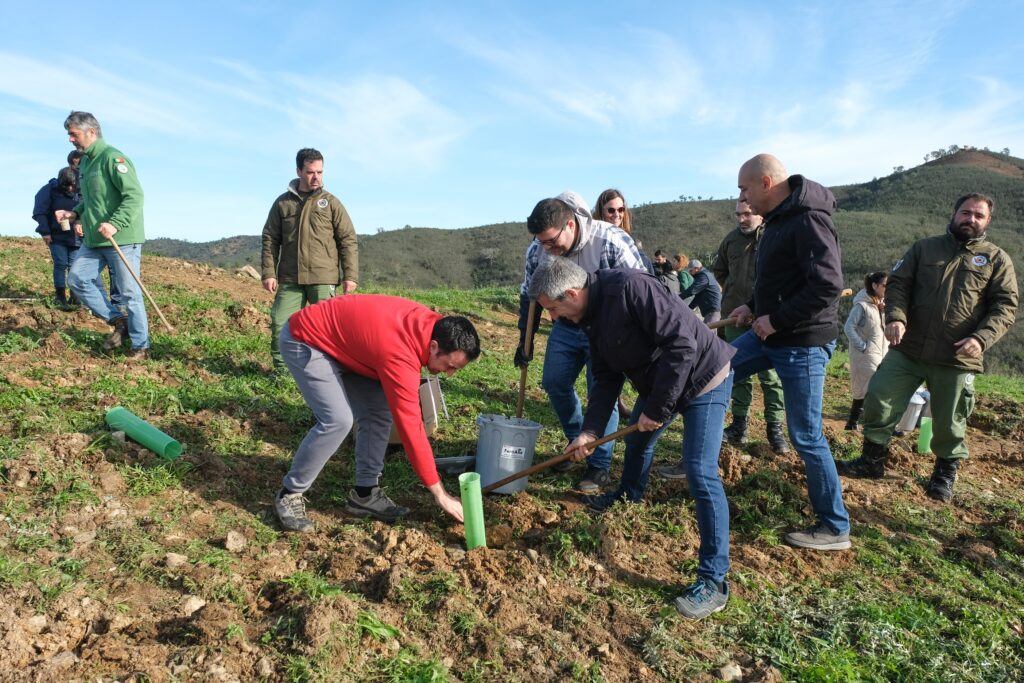
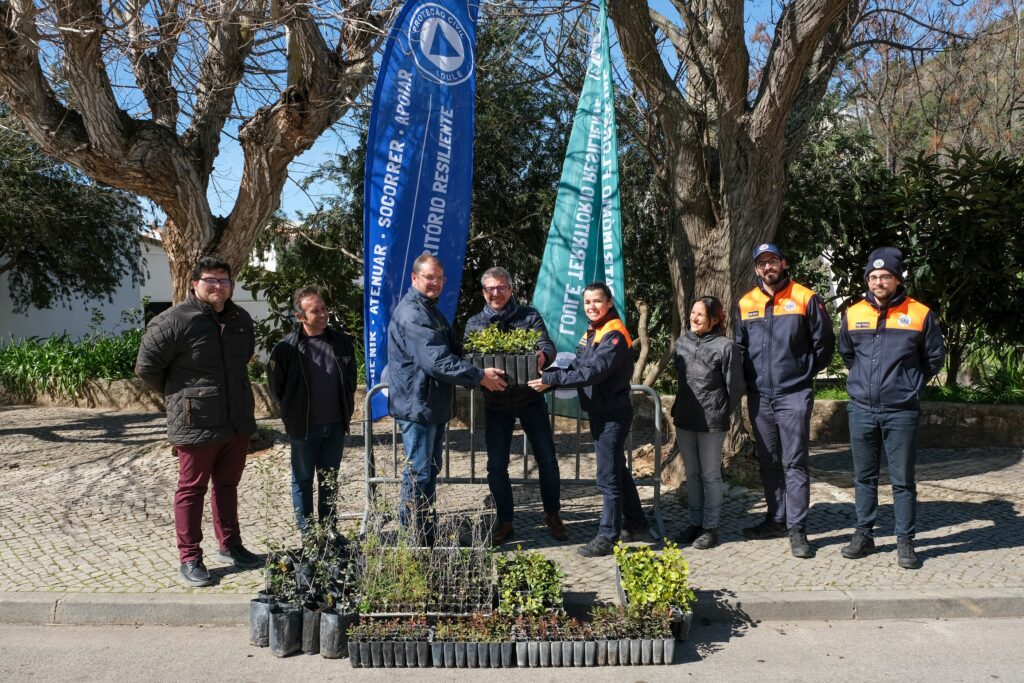
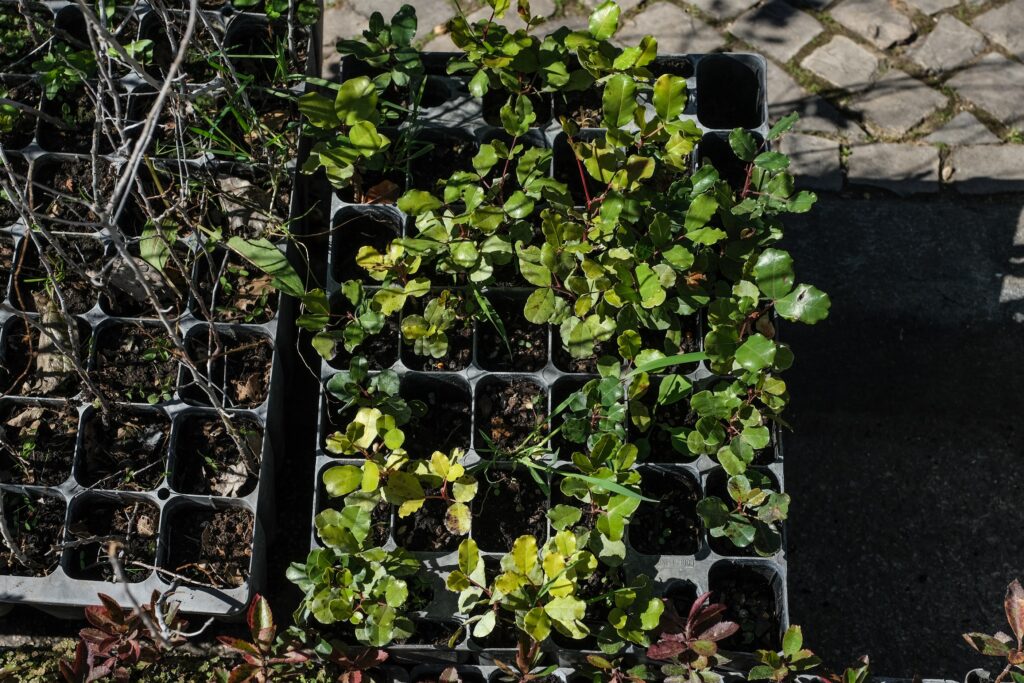
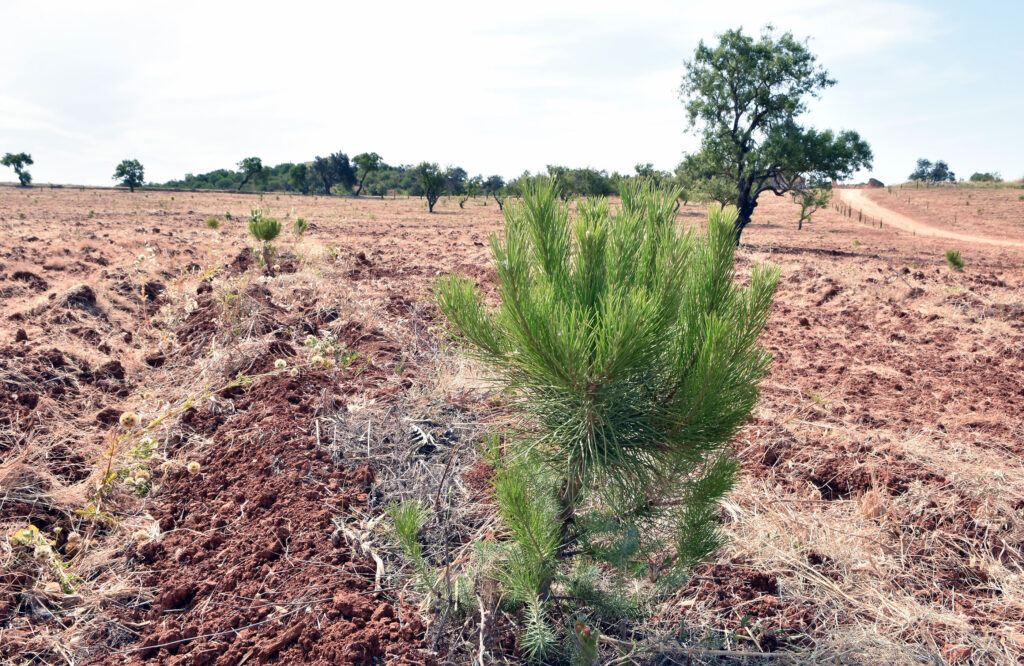
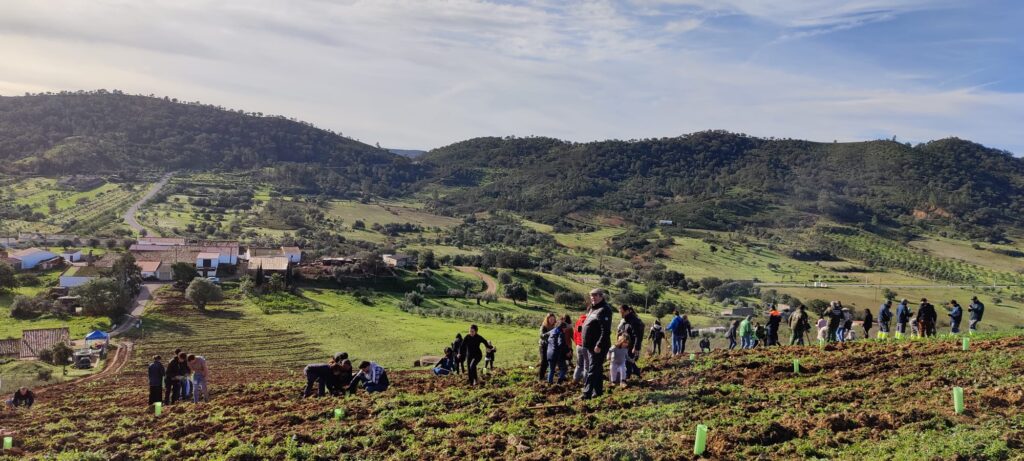
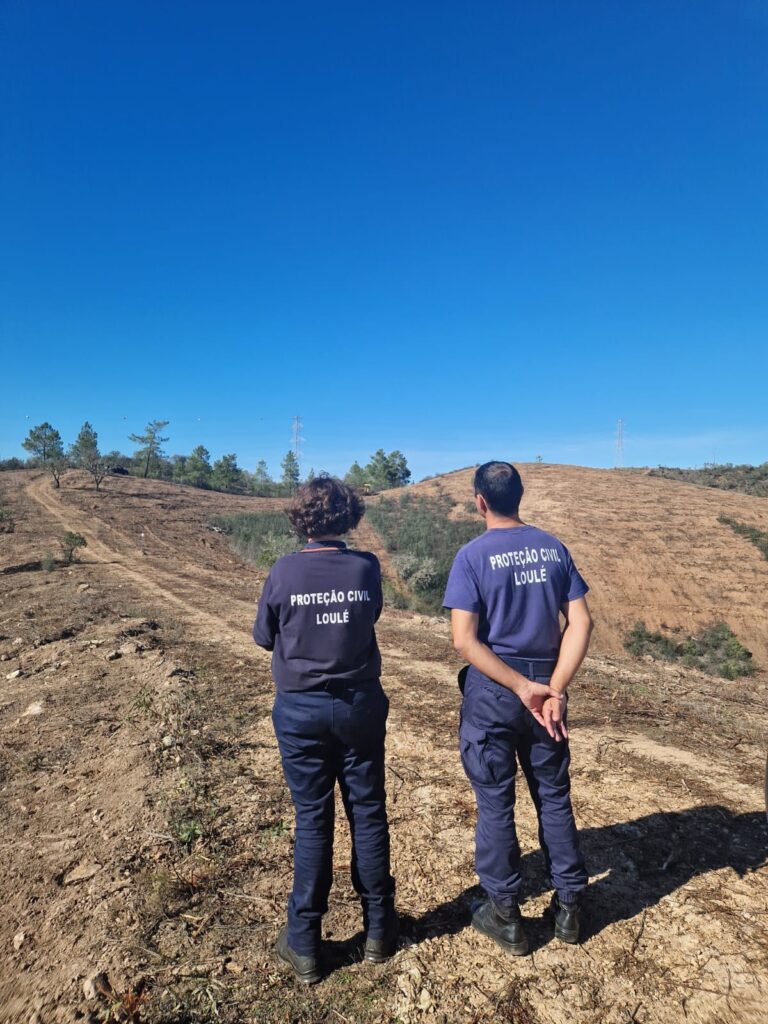


















Comments